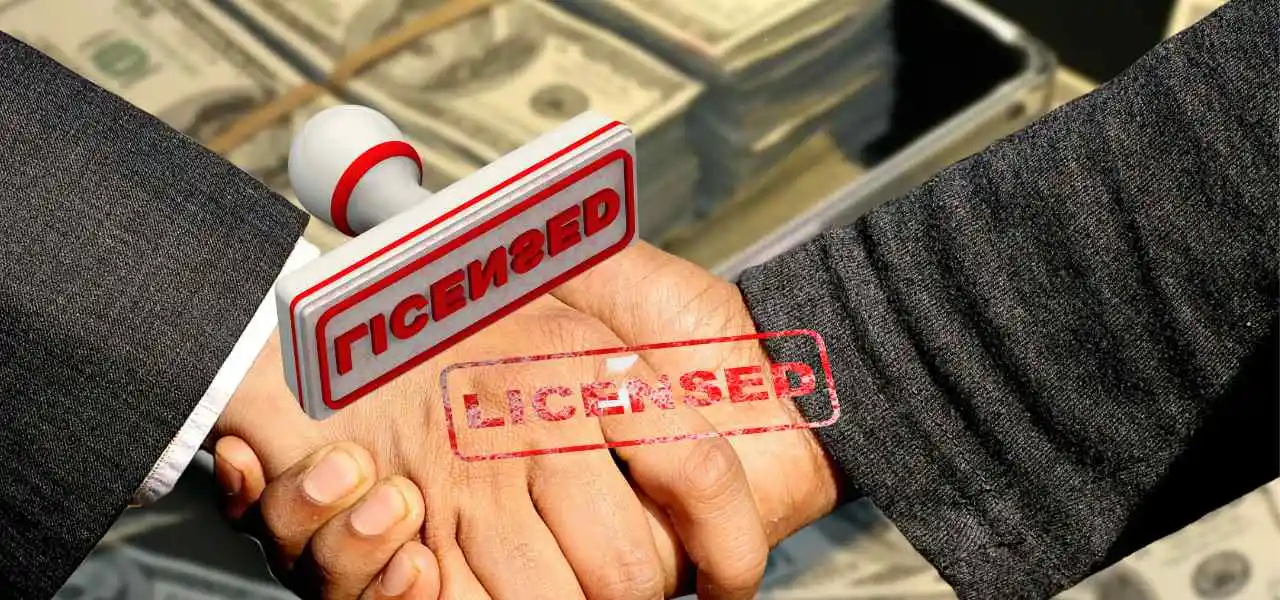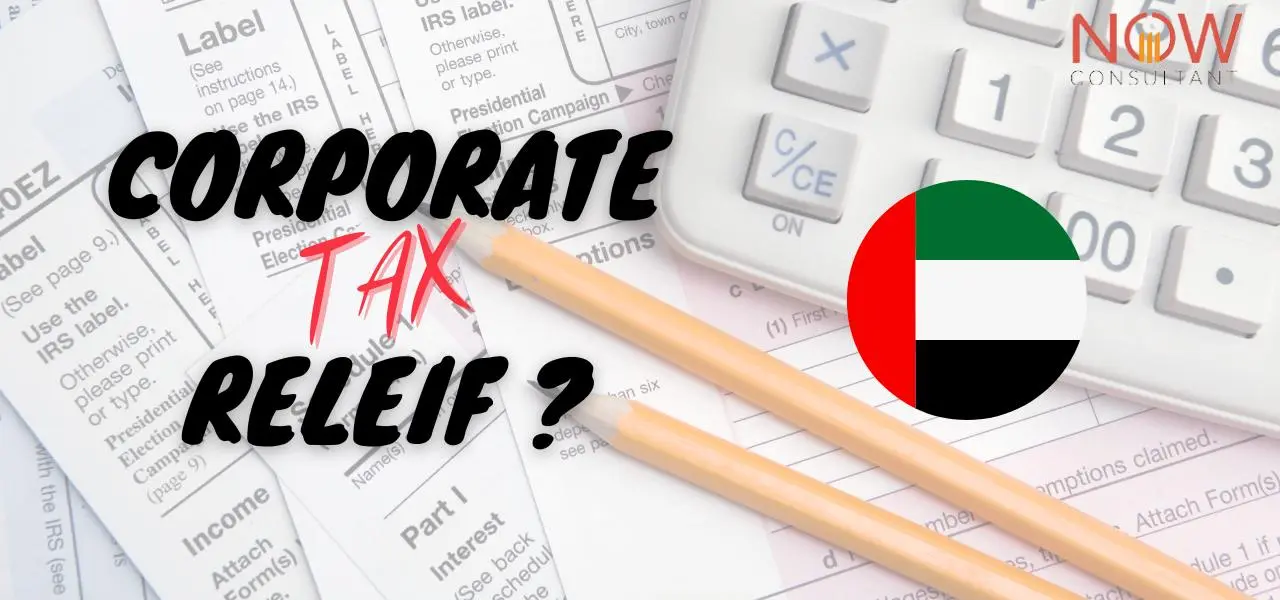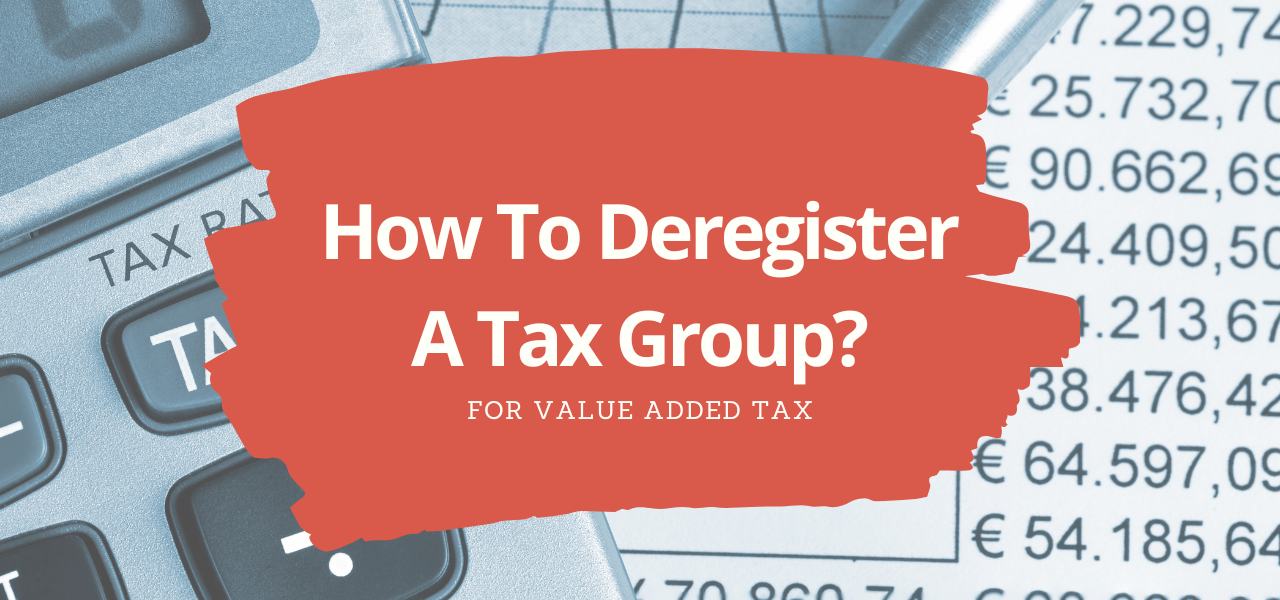In the UAE, Free Zones are designated areas created to offer tax and customs duty benefits to foreign investors, fostering international business by granting full ownership to expatriates. Dubai’s Free Zones have distinct regulations, operate independently from federal labor laws, and allow expatriates to establish businesses without local sponsors, enabling 100% capital profit repatriation and full tax exemptions.
These zones primarily provide trading, service, industrial, national industrial, and branch licenses, often with connections to ports or specific industries.
This blog will discuss the complete process of establishing a company in Dubai free zone, the cost for the company, and significant free zone jurisdiction in Dubai, along with the pros and cons of operating a company in the Dubai free zones.
How To Start a Company In Dubai Freezone – Process
In Dubai, company formation is a straightforward process overseen by the Free Zone Authority (FZA). This independent governing body is responsible for issuing business licenses in free zones and regulating free zone companies. Here are the steps for establishing a company in a free zone:
1. Decide The Legal Structure of The Company
Choosing the Legal Structure
The first step in company formation is selecting the legal entity, which may include:
- Free Zone Company (FZC)
- Free Zone Establishment (FZE)
- Limited Liability Company (LLC) in some free zones
Please note that specific free zones may have minimum capital requirements depending on their type. However, certain free zones in other Emirates do not have such requirements.
2. Find An Appropriate Trade Name
Choosing an appropriate trade name is a vital step in registering your business in Dubai. It’s mandatory that choosing names must not be already registered. To ensure your chosen name is available, contact the Dubai Free Zone Authority for verification. Once approved, you can proceed to register the trade name on the Dubai FZA website.
3. Application For Trade License
After obtaining approval for the business trade name from the UAE Free Zone Authority, the client may proceed to apply for the trade license. The specific document requirements for company incorporation vary across different free zones.
Generally, essential documents include a valid passport copy of the shareholder, which must have a validity of at least six months. Some UAE free zones may necessitate comprehensive business plans and external approvals, contingent on the nature of the business activity.
After submitting the application, the UAE Free Zone Authority will provide an application form for the shareholders to sign and send back. Notably, in certain UAE-free zones, it is possible to establish the company remotely, while in other zones, the physical presence of the shareholders is obligatory.
Following the application submission, the UAE Free Zone Authority typically grants approval within a span of 10 days. Following this, the appropriate authority will grant the trade license, along with a share certificate and a memorandum of association.
4. Acquire The Trade License
Businesses operating in UAE-free zones are granted trade licenses that align with their specific activities. The Dubai Free Zone Authority offers various types of business licenses, including:
- Commercial License
- Industrial License
- Professional License
- General Trading License
- Manufacturing License
- Warehousing License
5. Select An Office Premise
Businesses have the option to either lease or buy office space based on their specific needs. When making this choice, consider factors like the nature of your business activities and your workforce needs. Start-up companies can opt for flexible desk solutions.
6. Initial Approval and Registeration:
Once the initial approval has been granted, you can proceed to register the company on the Free Zone Authority (FZA) website.
7. Obtain The Business License
The business license is issued following registration, allowing you to commence your operations.
Dubai Freezone Company Setup Cost:
The cost of setting up a free zone business in Dubai can vary based on factors like office size and visa needs, but careful planning offers benefits like 100% foreign ownership and zero taxes.
Registration fees range from AED 12,900 to AED 50,000, covering company registration and licensing. Annual office space costs typically range between AED 25,000 and AED 50,000. Work permits are about AED 1,000, while residency visas are around AED 3,000 per person.
The number of visas depends on office size. Bank account opening fees range from AED 1,500 to AED 5,000, and most free zone companies have an annual renewal fee starting at AED 13,000, which may vary based on specific requirements.
Pros of Opening a Company in Dubai Free Zone:
Launching a business in a Dubai free zone comes with numerous advantages:
- Dubai free zones offer tax advantages, with a 0% income tax rate and exemptions from customs taxes (except for mainland sales).
- Free zones permit 100% foreign ownership, making them attractive to international businesses.
- Dubai-free zones provide cutting-edge facilities, including offices, warehouses, logistics, and advanced telecom networks.
- These zones offer incentives and support to attract and nurture entrepreneurs.
- The simplified registration and licensing process of companies in the Dubai free zone is beneficial for investors and entrepreneurs.
- Freezone Authorities govern free zones in Dubai; these setups are tax-exempted for 50 years.
Cons of Forming a Company in Dubai Free Zone:
- Companies in Free Zones can only do business within other Free Zones or outside the local UAE market.
- While Free Zones offer good deals, they can be more expensive for rent and running costs than other parts of Dubai.
- Free Zones have no restrictions over office space but limit the number of visas you can get. Virtual offices usually allow 1 to 6 visas, and physical stores depend on the office size.
- Free Zones are more for international business, not for selling to local people in the UAE. Thus, free zone companies cannot benefit from Dubai’s local market.
- Companies in Free Zones need a physical office there to work effectively. If someone wants to work online or keep costs low, one has to suffer difficulties in managing affairs of free zone company.
- Free Zone companies have to follow the rules of the Free Zone authority. Changing these rules can affect your business, and you’ll have to adjust.
Which Freezone Is Best For Your Company?
The nature of your business generally determines the ideal free zone for you. Each free zone typically specializes in a specific industry as well as business activity.
For instance, Dubai International Financial Centre (DIFC) and Dubai Multi Commodities Centre (DMCC) is primarily focused on banking and financial services, while Dubai Internet City (DIC) is a hub for companies in the internet and communications technology sector.
How We Can Help You In Opening A Company:
Hire an advisory expert team NOW Consultant to assist in forming a company in a free zone in compliance with Free Zone Authority to meet your business goals and manage the cost and deals with the financial audit of a company.
Approach NOW Consultant to get the numerous benefits of free zone companies and avoid losses in the premise of free zone in Dubai.
How Much Time Does It Take To Set Up a Company In a UAE Freezone?
In a UAE free zone, you can efficiently set up your company with the assistance of business consultants like NOW Consultant. The process of establishing your free zone business can typically be completed within approximately 3 to 10 business days with the guidance of our expert consultants.
Does Establishing a Company In a Free Zone Require Any Minimum Capital Investment?
The minimum capital requirement varies depending on the jurisdiction and the type of business activity you intend to pursue. The capital investment can be from AED 1,000 to AED 300,000. It’s important to note that, with a few exceptions (such as DMCC and Tecom Free Zones), this capital does not need to be deposited in a bank account under the company’s name.









